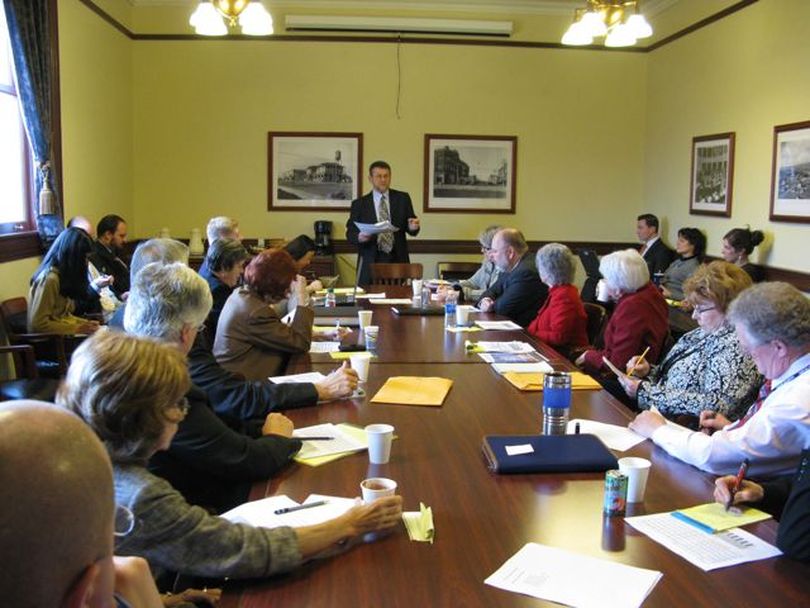Ferguson: Forecast is still good

Gov. Butch Otter's chief economist, Mike Ferguson, says there's nothing in the January revenue figures that would persuade him to adjust his forecast for state revenue for the current year or next year - as he did both last year and the year before. "You have to look behind the numbers," Ferguson said. January's state tax revenues came in $12.8 million short of the estimate, which, combined with the $12.6 million shortfall in December revenues, puts the state $25.3 million behind for this point in the year. However, Ferguson said nearly all of that came in lower early individual income tax payments - something that previously was encouraged by federal tax laws, but now has become less advantageous to taxpayers. As a result, such collections in December and January have been dropping off for the past few years, though state forecasts, which are based on overall history, don't reflect that change. That means those payments still will come in by April, when they're due. Sales tax revenues for January actually were $6.5 million above projections. Meanwhile, corporate income taxes fell $6.4 million short.
"What happened in January ... I admit it looks bad," Ferguson said in a briefing to House Democrats, which the minority caucus requested and which it decided to open to the public and press, though its caucus meetings now are closed as a rule. But, he said, "I'm not seeing things that suggest we're in trouble relative to the forecast that was produced in early December. ... It looks like things are worse, but I'm basically saying there's some misleading information in it, if you just take it on its face."
Of the total $25.3 million shortfall between December and January combined, $23.6 was in individual income tax, he noted, and of that, $19.8 million was in filing payments. "So virtually the entire problem ... is due to filing collections," Ferguson said. If that's merely due to "this change in the timing of how individual income taxes are paid," he said, "it's not necessarily a cause for alarm."
The real signal on the state's financial prospects, he said, will come in April, the biggest month for income tax collections. A contingency plan would be "more than prudent" in case of an April surprise, Ferguson said, but at this point, "Things appear to have stabilized."
